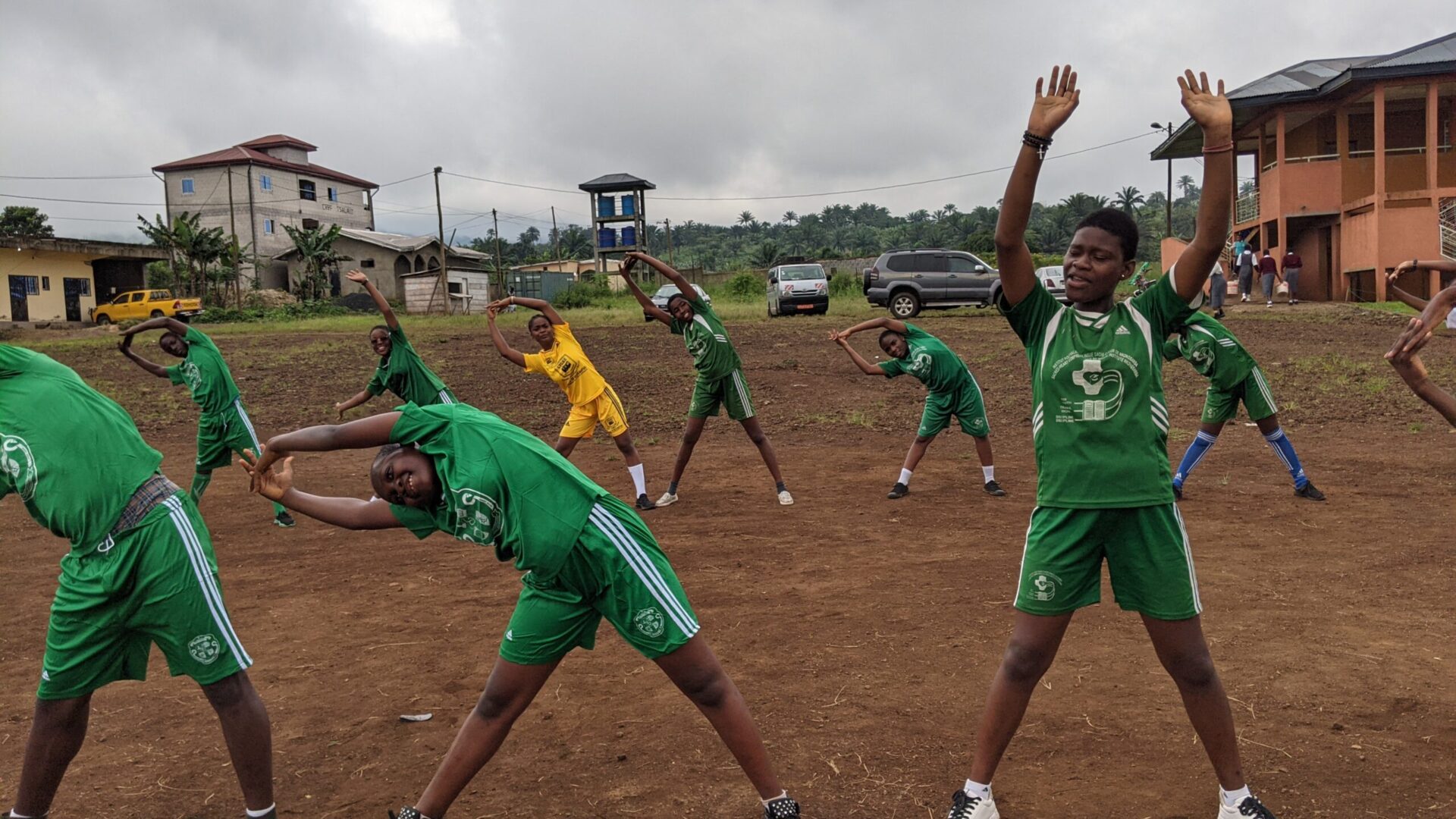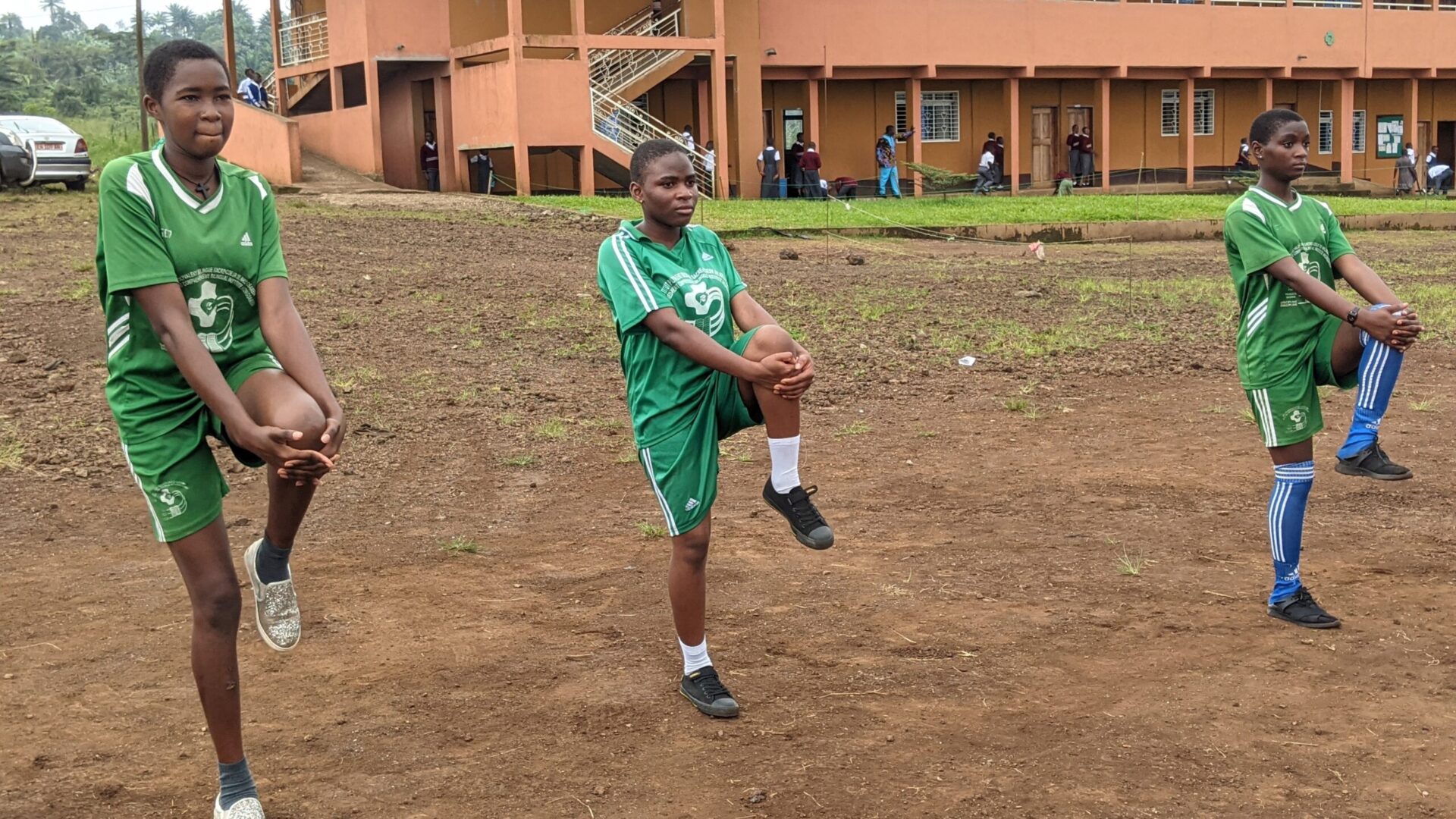Physical education (PE) is a school discipline that aims to develop students’ physical, cognitive and social skills. It is compulsory in all countries of the world, and it is generally taught by qualified teachers.
The objectives of PE in schools are multiple. They can be grouped into four main categories:
The importance of PE in schools
PE is an important school discipline that contributes to the overall development of students. It allows them to develop their physical, cognitive and social skills, and it helps them integrate into a group and develop their self-confidence.

PE allows students to develop their physical abilities, such as strength, endurance, flexibility and coordination. It also helps prevent chronic diseases and improve the overall health of students.

PE allows students to develop their cognitive skills, such as problem solving, decision making and communication. It helps them learn to work as a team and manage their stress.
Develop social skills
PE allows students to develop social skills, such as respect, cooperation and fair play. It helps them integrate into a group and develop their self-confidence.
PE allows students to develop skills that will benefit them in the workforce, such as the ability to work hard and overcome obstacles. It also helps them develop a healthy and active lifestyle.
PE in schools
PE is generally provided in schools in the form of weekly lessons. PE lessons can be organized according to students’ ages, skill levels and interests.
PE classes can include a variety of physical activities, such as sports, dance, gymnastics and outdoor activities. PE teachers must be qualified to deliver these activities and to ensure the safety of students.




